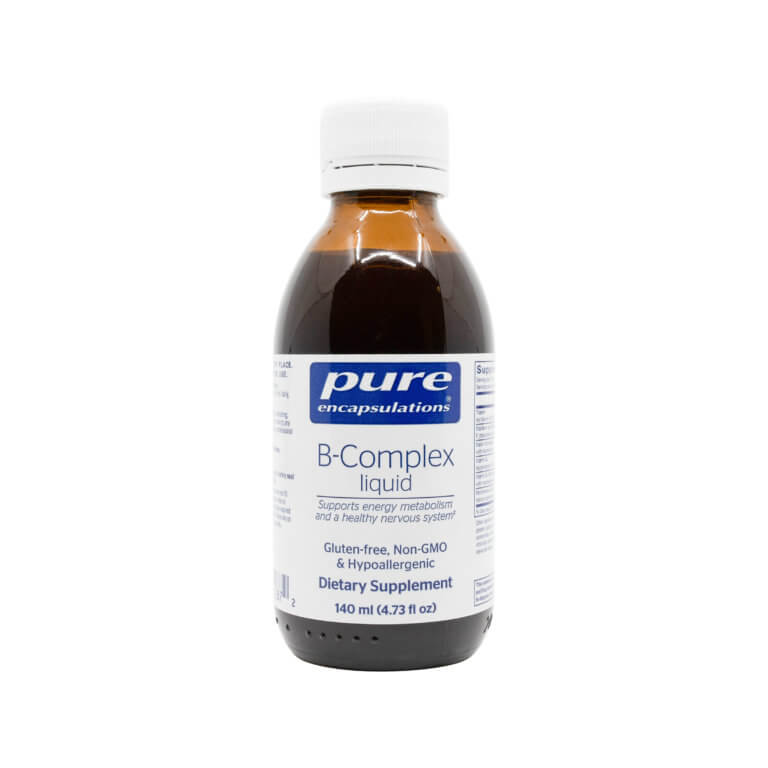Cart
0
70% (yes, seventy percent) of all people taking thyroid hormone replacement medication continue to suffer from thyroid symptoms! I think you’ll agree that 30% success rate earns an “F.” If you’ve been diagnosed with a thyroid problem and you’re taking Synthroid or other replacement thyroid hormone but you don’t feel much better and/or you continually need to have your dosage adjusted, I’m sorry to tell you that you have yourself a “duct tape” doctor. The TSH Test is NOT Enough In conventional medicine, the standard lab test for thyroid dysfunction is the TSH (thyroid stimulating hormone) marker. Simply giving synthetic or natural thyroid hormone in response to a lab test result of low TSH is usually about as effective as ignoring the CHECK ENGINE light on your car. Would you fire a mechanic who puts duct tape over the CHECK ENGINE light when you bring your car in for diagnostics? You bet! You would go find a mechanic who’ll look under the hood to find out what’s actually wrong with the car. In the same way, thyroid dysfunction is actually signaling a problem somewhere else in the body. Since 70% of all people taking thyroid hormone replacement continue to suffer from thyroid symptoms, it sounds to me like there’s a lot of “duct tape” being prescribed out there. In the case of the thyroid, “looking under the hood” means, for starters, a lab panel measuring nine thyroid-related markers (including TSH), plus an adrenal and reproductive hormone panel. TSH is a valid test only for “primary hypothyroidism,” or a dysfunction of the thyroid gland itself (though it could also indicate a problem with the pituitary gland). Primary hypothyroidism is only one of twenty-two scenarios that could be causing your symptoms. More common causes range from autoimmunity, to adrenal gland insufficiency, to problems converting thyroid hormone into its usable form (and there are many different causes for this particular problem). Why is thyroid health so important? The thyroid has an impact on the entire body, and the entire body impacts thyroid function. The thyroid gland is critical because it makes hormones that are involved with our metabolism. Since every tissue in the body has receptor sites for thyroid hormones, low thyroid function can result in a wide variety of symptoms that will vary from person to person. The cause of low thyroid function also has many causes, and it’s often NOT a problem with the thyroid gland itself! Aside from affecting our energy level and ability to stay at a healthy weight, thyroid insufficiency directly affects brain function, reproductive health (in both women and men), and your ability to heal. The thyroid-brain connection is especially surprising to most people. Hypothyroidism, and Hashimoto’s thyroiditis in particular, is linked to higher risk of dementia, including Alzheimer’s disease. Your thyroid gland is incredibly important for overall health, and it can’t do its job without the support of healthy adrenal glands. If you’re concerned that you have hypothyroidism or undiagnosed Hashimoto’s, or if you’ve been diagnosed with Hashimoto’s but your doctor has only given you prescription drugs to manage symptoms, I urge you to visit me to uncover the real story of your health and to give your body the support it needs to heal. I’ll help you find just what is behind your thyroid symptoms and support your body to restore true, natural health. Need more information before you take action? Call my office for a complimentary 20-minute consultation to find out how I can help you or a loved one with their symptoms: (949) 954-6225. Joy and Health, Lynda













